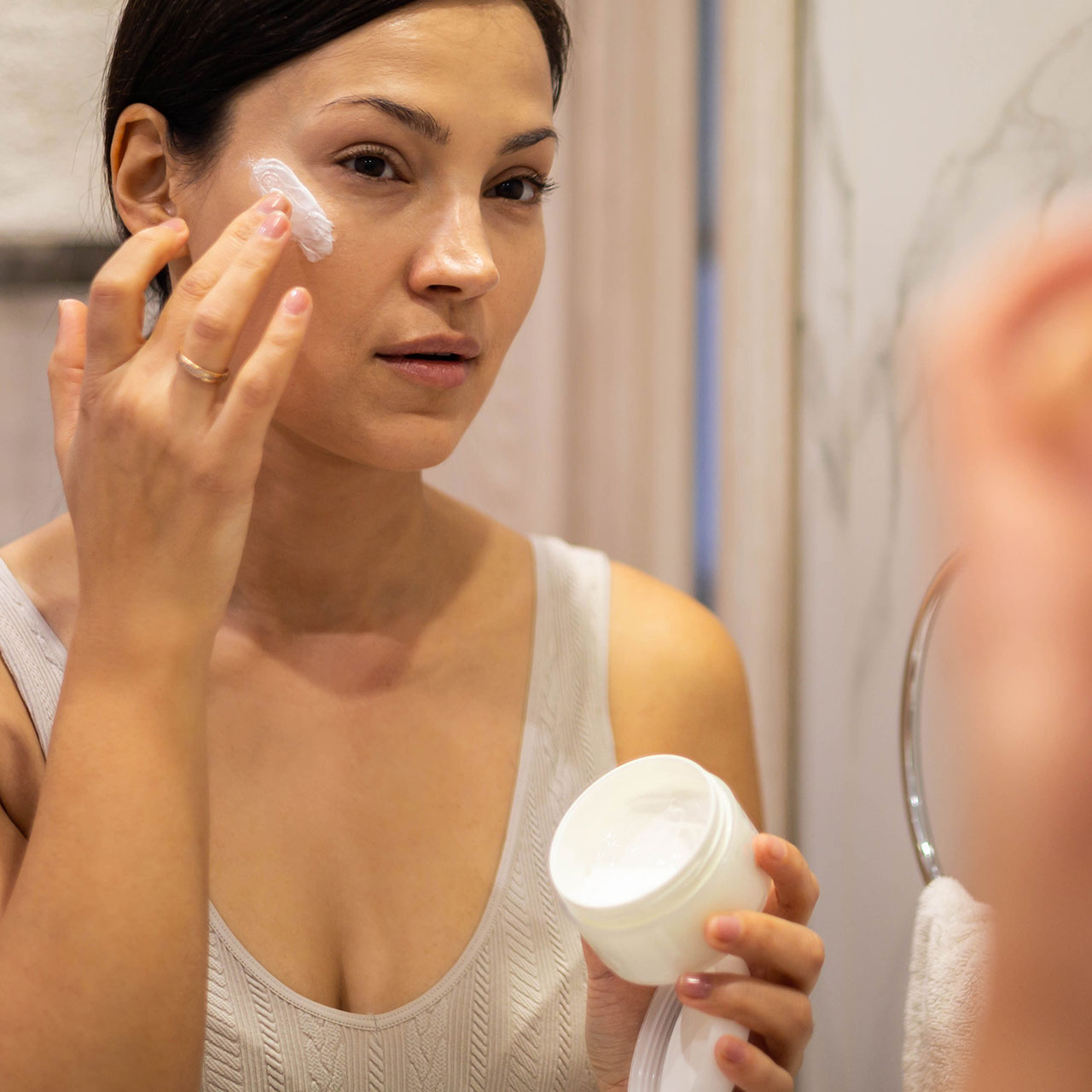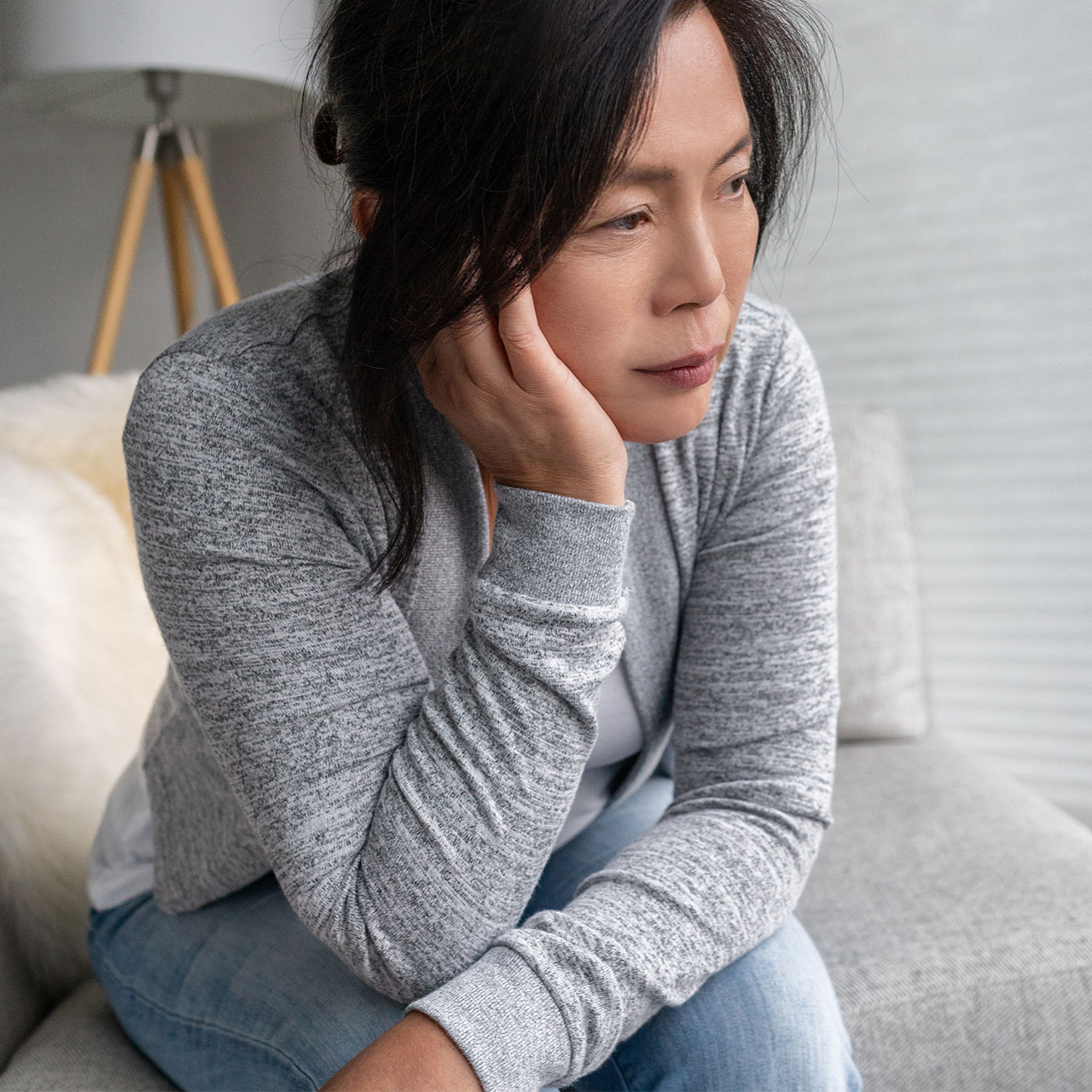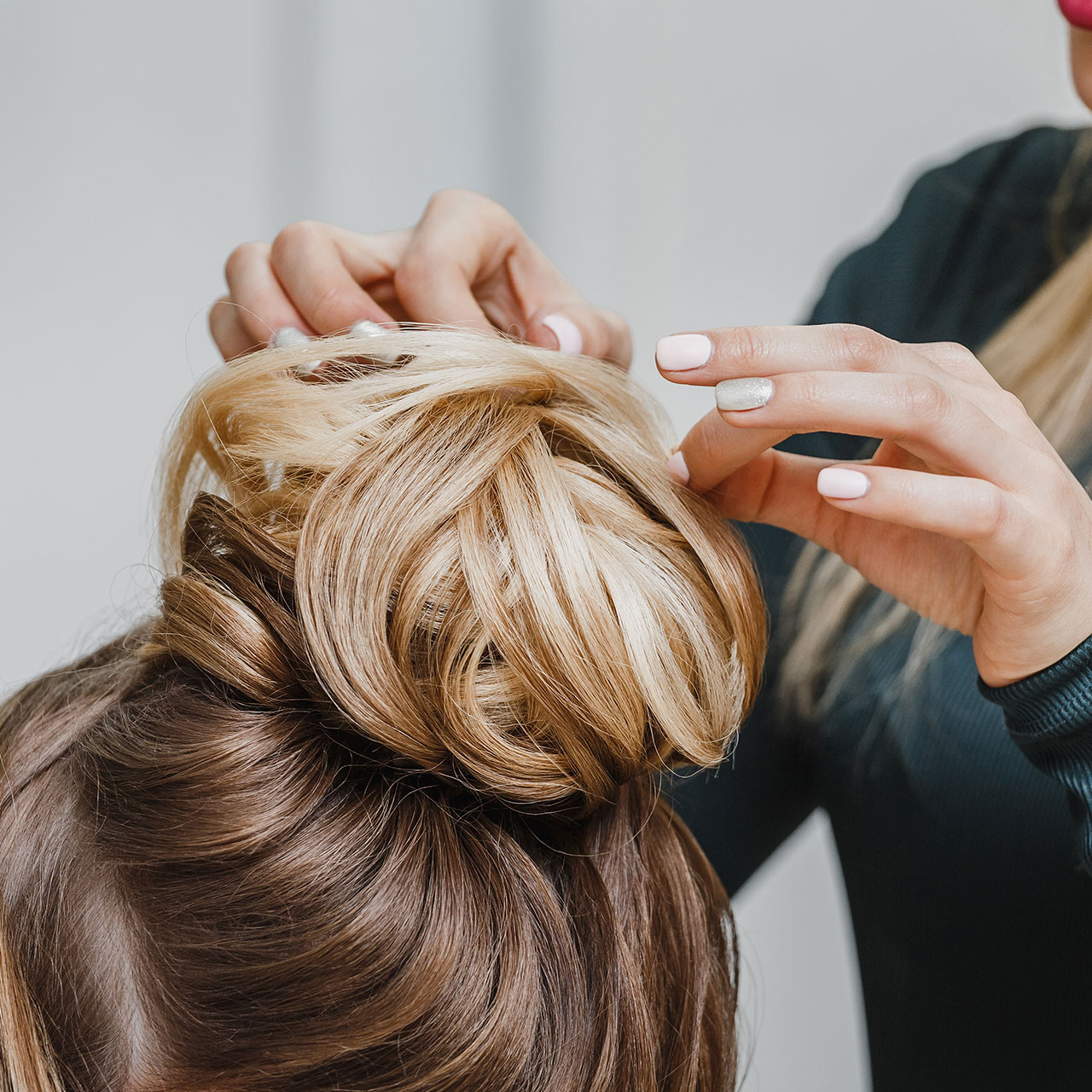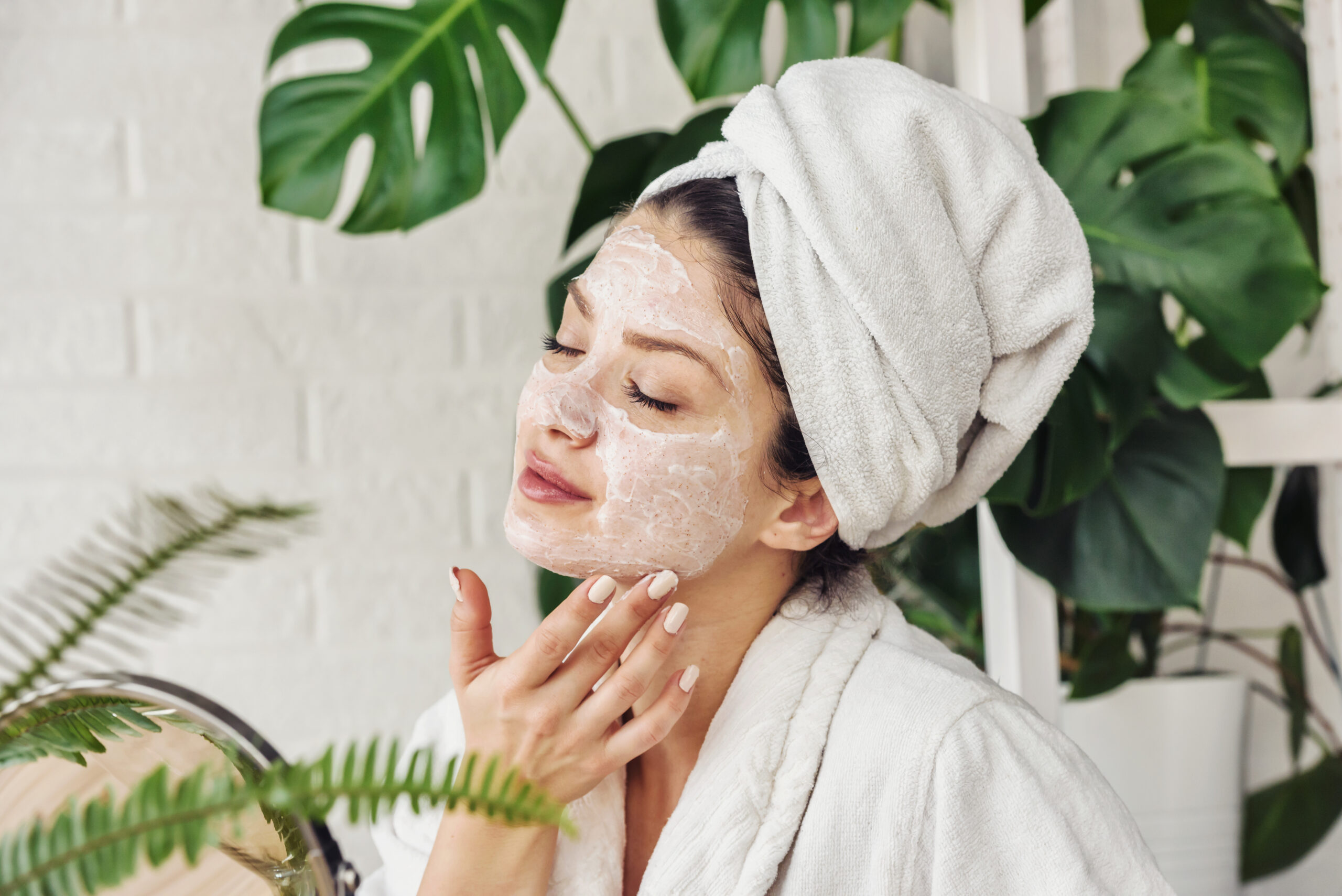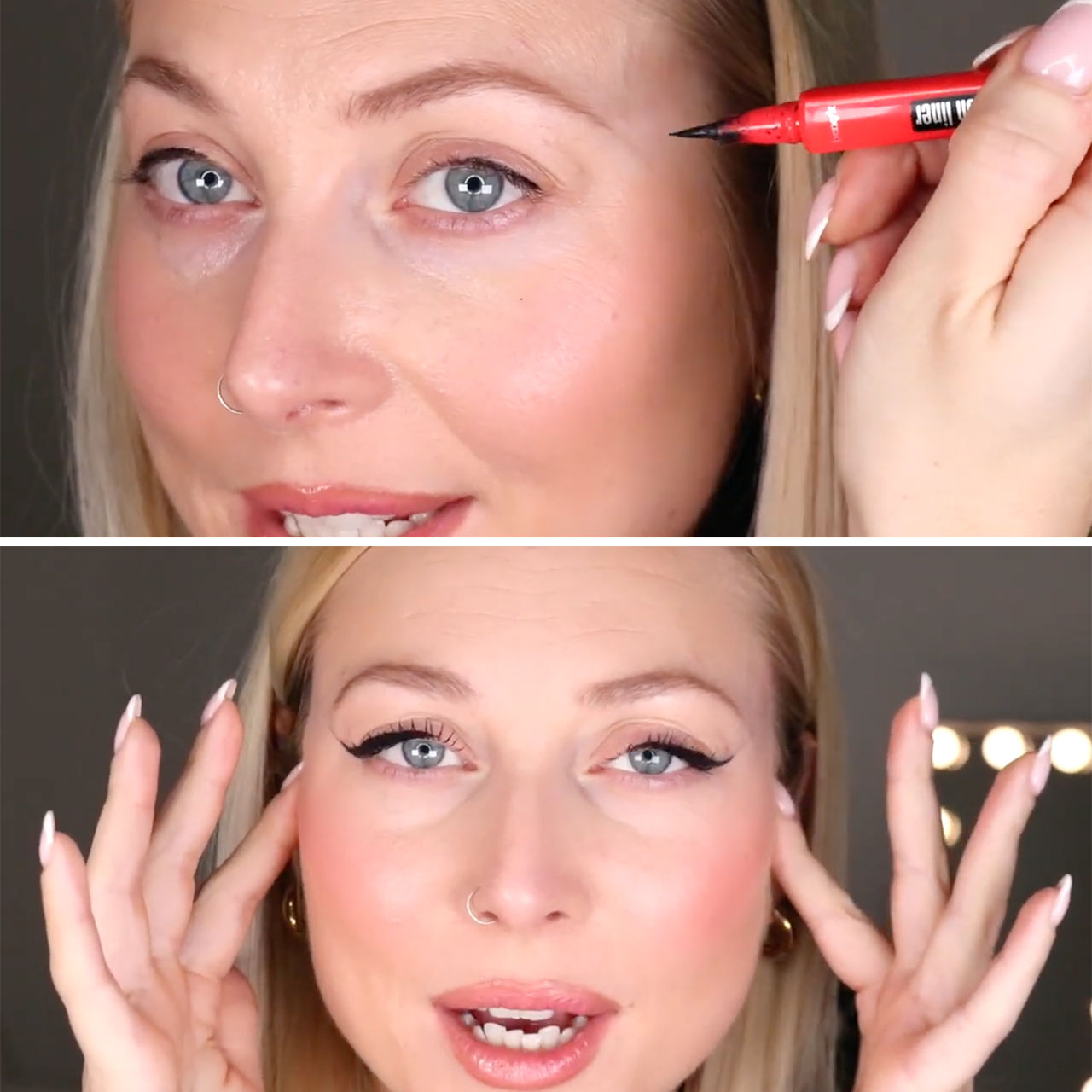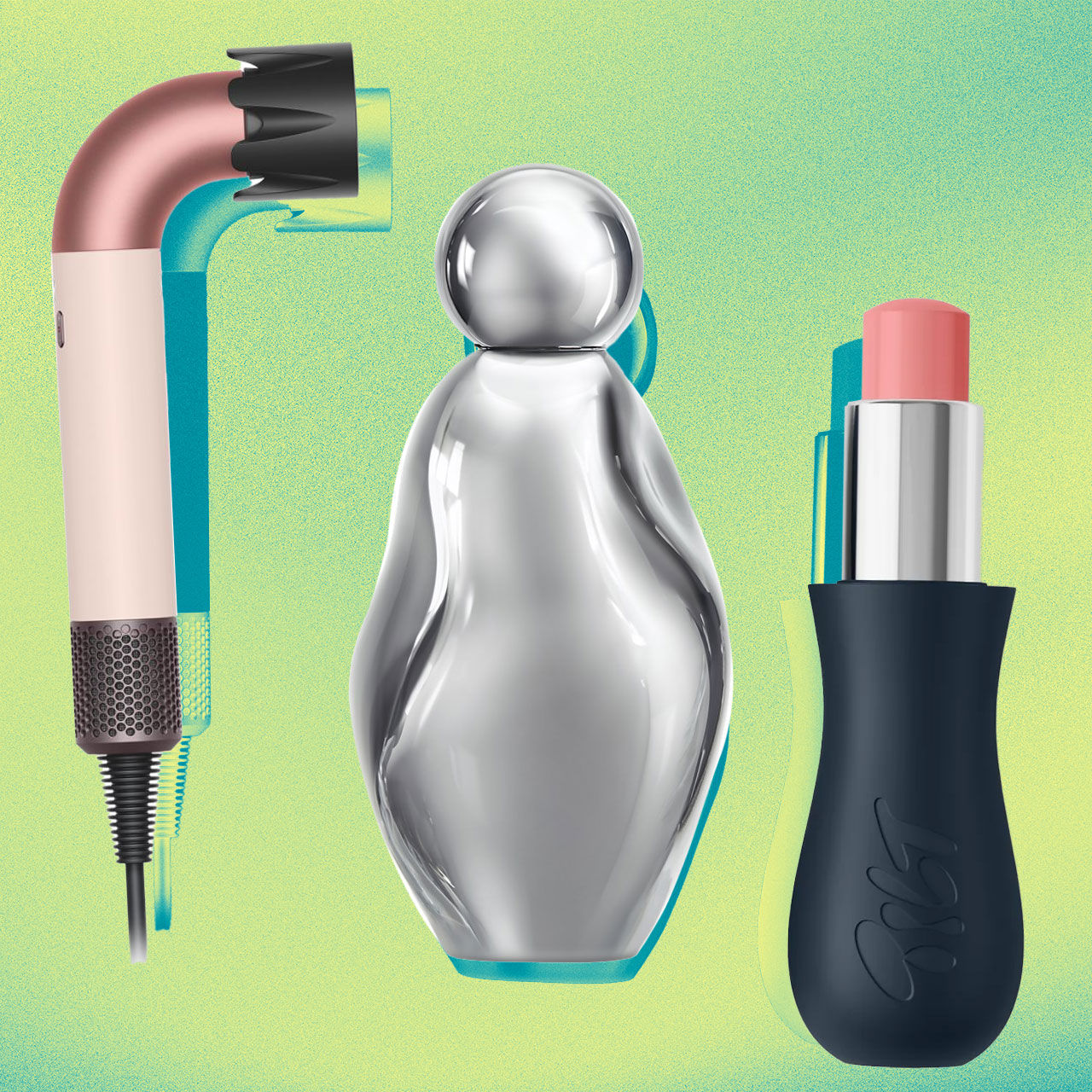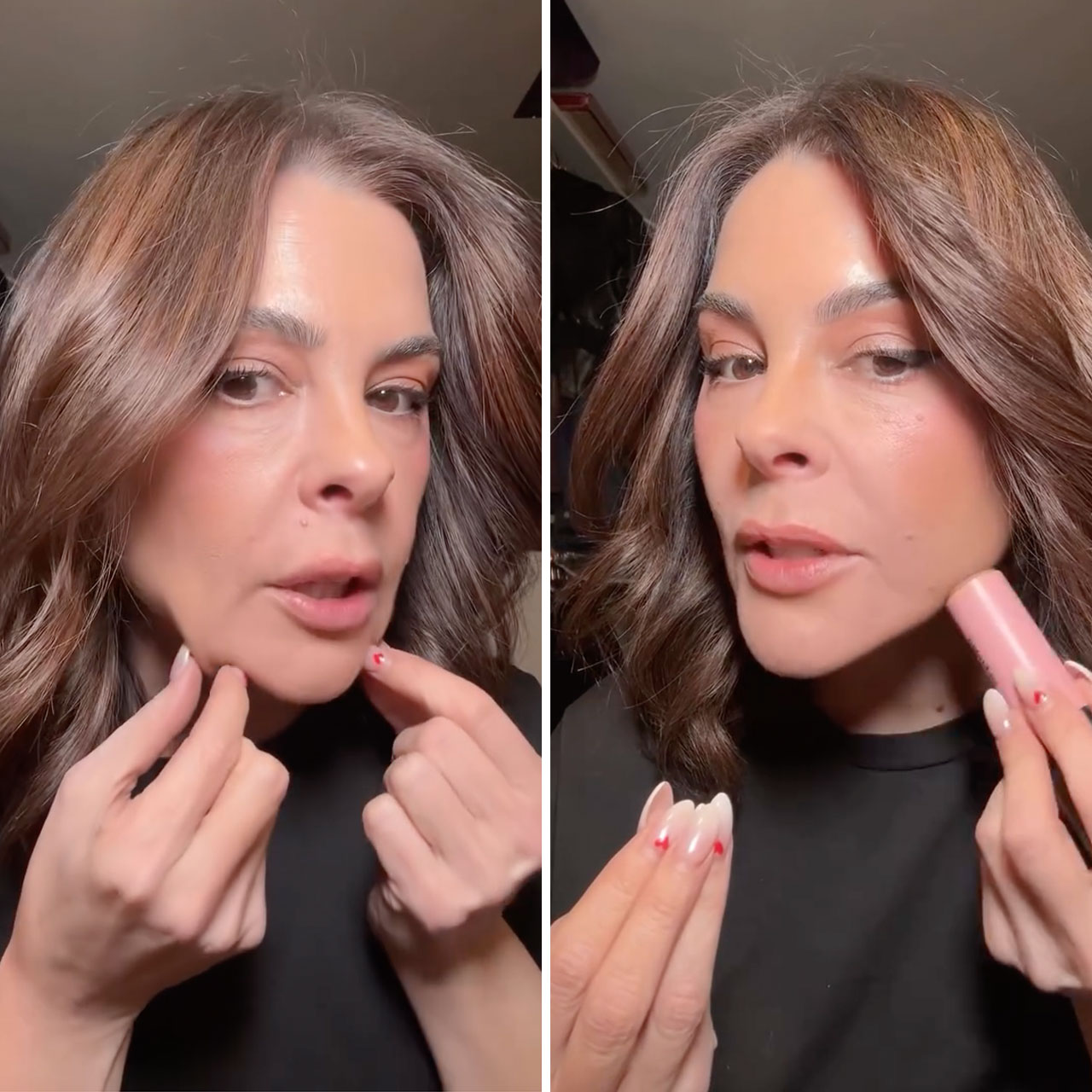When it comes to healthy, trendy and classic skincare routines, there are often many vital product pairings designed to work together for a radiant complexion (for example, vitamin C serum and sunscreen in the morning or Hyaluronic acid with moisturizer in the evening). With that said, there are also skincare products that work on their own for different reasons, but may not give the desired effects when paired together. We checked in with skincare expert and dermatologist Ksenia Sobchak of Loxa Beauty to learn more about 2 skincare ingredients that should *not* be paired together if your goal is supple, vibrant and healthy skin, and what can give that result, instead.

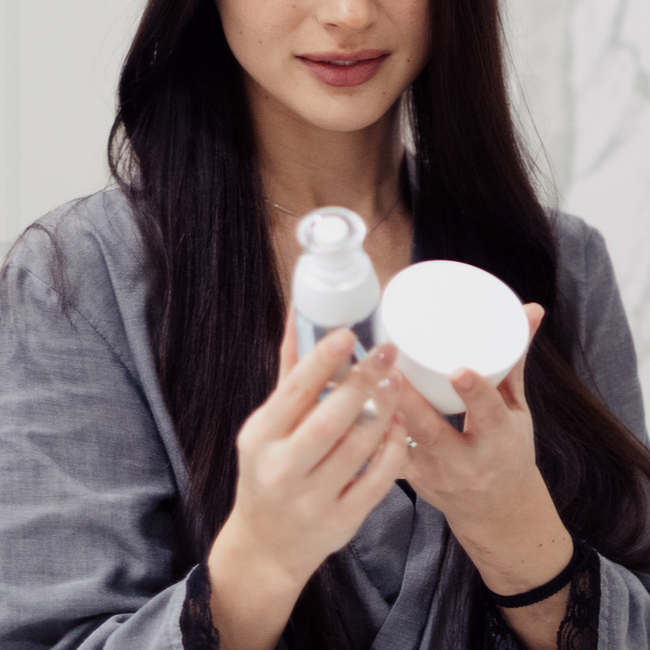
Drawbacks of Pairing Retinol with Salicylic Acid
Many of us use retinol in our regular skincare routines for its anti-aging benefits as well as salicylic acid-based products to target and prevent acne. Both are intense, all-encompassing products that aim to either smooth fine lines or eliminate acne, and combining the two can run the risk of drying out your skin, Sobchak explains. “These products can greatly reduce acne and improve the skin’s appearance when used singly, however, combining them can cause overdrying that irritates your skin, worsening the signs,” she says.
The extreme drying may make the skin increase oil production that can develop a vicious dryness cycle and acne, she adds. Instead of mixing them, Sobchak recommends using retinol at night before bed, and salicylic after waking up in the morning. This means that you should not use a salicylic acid-based cleanser and then apply retinol directly afterwards, for example, since giving your skin enough time to space the two out is essential.
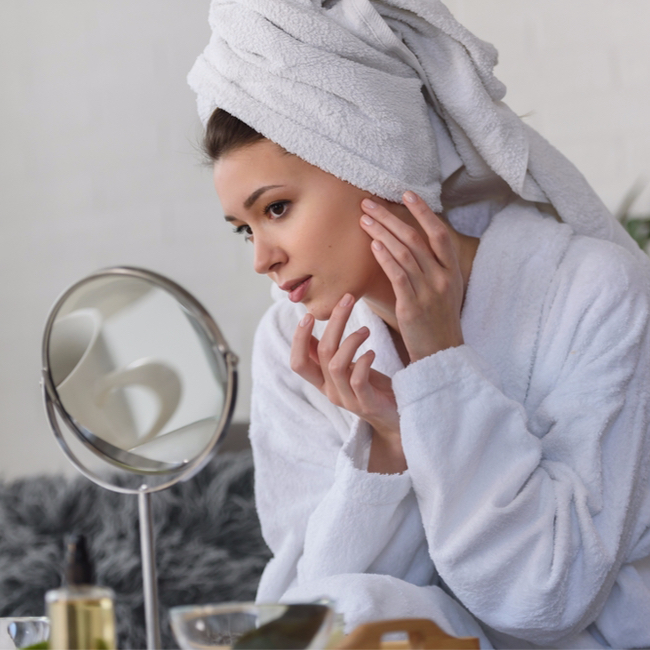
If you want to have a successful anti-aging routine while *also* preventing acne, Sobchak also advises against using Benzoyl peroxide-based products either immediately before or after applying retinoid items. “If you combine retinoid and Benzoyl peroxide, one formulation overpowers the other,” she says.
For instance, she notes that Benzoyl peroxide can make the retinoid molecule inactive, thus interfering with the positive influence on fighting acne. Sobchak concludes, “why not use the two products separately, such as Benzoyl in the morning and retinoid towards evening?” It’s all about timing and allowing your skin the chance to prepare for the other product, rather than using everything all at once.







